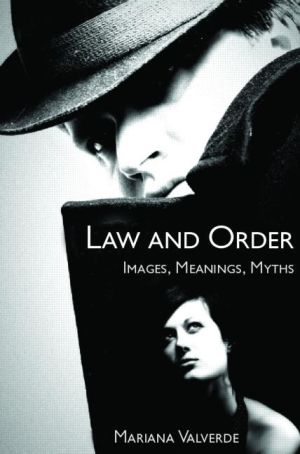
In an innovative departure from the much-studied field of 'crime in the media', this lively book focuses its attention on the forces of law and order; how they visualize and represent danger and criminality, and how they represent themselves as authorities.
After two chapters covering basic terms and tools in the study of culture and representation, the book covers such topics as the history of justice - system methods for visualizing criminality, from fingerprinting to DNA; the emergence of a 'forensic gaze' that begins with Edgar Allan Poe and Sherlock Holmes and culminates in the American television show Crime Scene Investigation and the rise of ways of seeing urban space that constantly divide the city into 'good' and 'bad' areas.
The final chapter uses some recent conflicts regarding the legal admissibility of 'gruesome pictures' to reflect on the importance of the visual in our everyday experiences both of safety and of danger